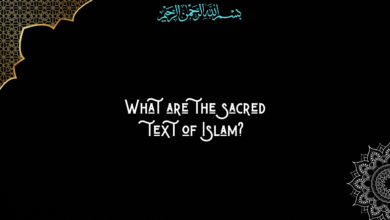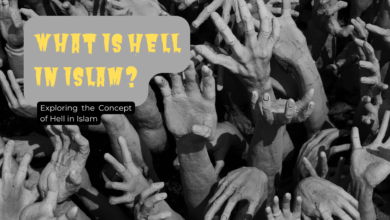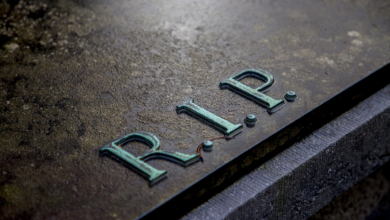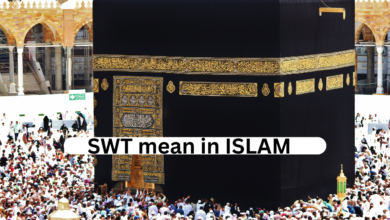The Prophet Muhammad and the Concept of Sadaqah
The Prophet Muhammad's Legacy: Sadaqah as a Path to Compassion and Social Equity
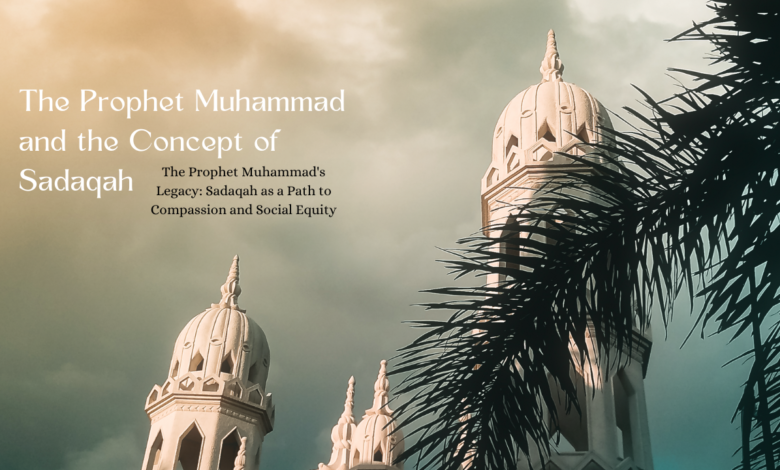
The Prophet Muhammad and the Concept of Sadaqah
Prophet Muhammad, peace be upon him, was the final prophet in Islam. He was born in Mecca in 570 CE and received revelations from Allah (God) through the angel Gabriel. He is the central figure in Islam and the founder of the Islamic faith.
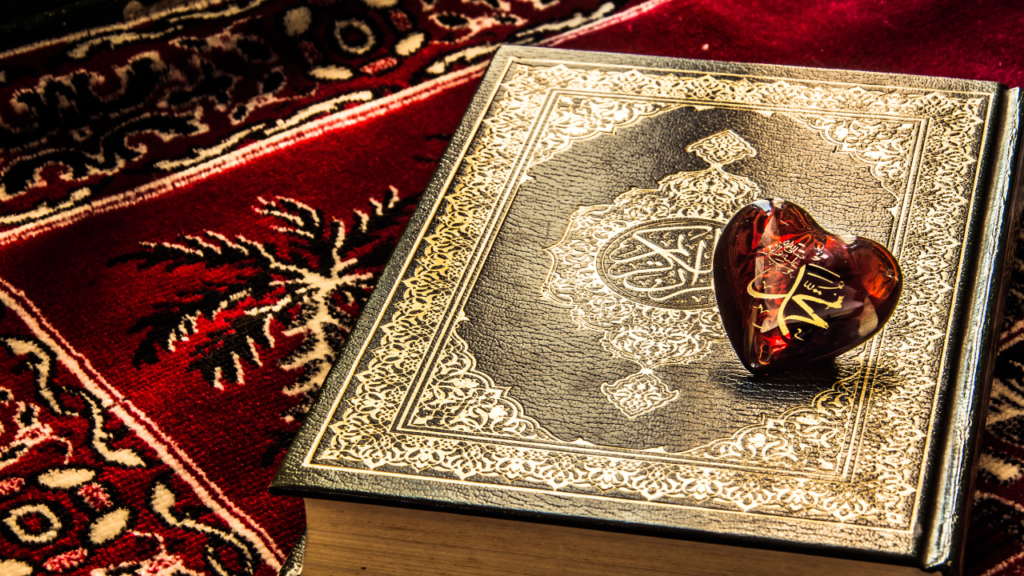
The Prophet Muhammad and the Concept of Sadaqah
Sadaqah, often translated as “charity” or “voluntary almsgiving,” is a fundamental concept in Islam that holds deep spiritual and social significance. This act of giving is not just about providing financial assistance but is also a means of purifying one’s soul, demonstrating compassion, and fostering a sense of community and social justice. The importance of sadaqah in Islam can be traced back to the teachings and practices of the Prophet Muhammad, whose life serves as a remarkable example of generosity and compassion.
The Prophet Muhammad, peace be upon him, is considered the last and final prophet in Islam, chosen to convey Allah’s message to humanity. His life is a source of inspiration for Muslims around the world, not only for his spiritual teachings but also for his exemplary conduct in everyday life. Sadaqah, as practiced by the Prophet, plays a central role in shaping the Islamic perspective on charity.
- Sadaqah as an Act of Worship: The Prophet Muhammad taught that giving sadaqah is not merely a charitable act but an act of worship. He emphasized that every good deed, including charity, can draw one closer to Allah. In a famous Hadith (sayings and actions of the Prophet), he said, “Your smiling in the face of your brother is charity; your removing of stones and thorns from people’s paths is charity, and your guiding a man gone astray in the world is charity for you.”
- The Types of Sadaqah: The Prophet Muhammad classified sadaqah into two categories: regular, ongoing acts of kindness, and sporadic, one-time acts of charity. The regular acts include things like smiling, showing kindness to others, and helping those in need. The sporadic acts encompass giving money or goods to those who require assistance. The Prophet encouraged both forms of sadaqah to establish a continuous cycle of giving.
- The Importance of Intentions: The Prophet Muhammad stressed the significance of having pure intentions when giving sadaqah. He taught that the intention behind the act of charity is crucial, and one should give without seeking praise or recognition. A well-known Hadith illustrates this principle: “The one who gives charity in secret is better than the one who gives charity in public.”
- Supporting the Needy: The Prophet Muhammad was deeply concerned about the welfare of the less fortunate members of society. He encouraged Muslims to provide for the basic needs of those in need, such as food, clothing, and shelter. His teachings emphasized that caring for the vulnerable is a moral obligation.
- Sadaqah and Social Justice: The concept of sadaqah extends beyond individual acts of charity; it also addresses systemic issues of inequality and social justice. The Prophet Muhammad advocated for a just and equitable society where wealth is distributed fairly. He famously said, “The upper hand is better than the lower hand,” meaning that those who give are superior to those who receive.
- Sadaqah Jariyah: The Prophet introduced the concept of “sadaqah jariyah,” which refers to a form of continuous charity that benefits people long after the giver has passed away. This could include building a mosque, digging a well, or funding educational initiatives that continue to benefit the community.
- Leading by Example: Throughout his life, the Prophet Muhammad led by example in matters of charity and generosity. He was known for sharing whatever he had, even in times of personal hardship. His generosity inspired his companions and followers to follow suit, creating a culture of giving that has persisted in the Muslim world for centuries.
Also Check
- The Legacy of Muhammad’s Daughters
- The Prophet Muhammad’s Legacy in Islamic Festivals
- Islamic Environmental Education
- What is Judgement day in Islam?
- Which is not one of the Five Pillars of Islam?
Conclusion
In conclusion, the Prophet Muhammad’s teachings and practices regarding sadaqah underscore the importance of charity as an integral part of the Islamic faith. Sadaqah is not just about giving money; it is about purifying one’s heart, fostering compassion, and addressing social inequalities. By emphasizing the intention behind the act of charity, supporting the needy, and promoting social justice, the Prophet Muhammad set a profound example for Muslims to follow, ensuring that sadaqah remains a cornerstone of Islamic ethics and practice to this day.

FAQs about The Prophet Muhammad and the Concept of Sadaqah
Who was Prophet Muhammad?
Prophet Muhammad, peace be upon him, was the final prophet in Islam. He was born in Mecca in 570 CE and received revelations from Allah (God) through the angel Gabriel. He is the central figure in Islam and the founder of the Islamic faith.
What is Sadaqah in Islam?
Sadaqah is a voluntary charitable act or donation in Islam. It is a way for Muslims to give to those in need, without expecting anything in return. Sadaqah can take many forms, including money, goods, or even acts of kindness.
How is Sadaqah different from Zakat?
Zakat is an obligatory almsgiving in Islam, while Sadaqah is voluntary. Muslims are required to give a specific portion (2.5%) of their wealth as Zakat to help the less fortunate. Sadaqah, on the other hand, is given freely and can be of any amount or form.
Why is Sadaqah important in Islam?
Sadaqah is important because it reflects the generosity, compassion, and willingness to help others that are fundamental values in Islam. It is seen as a means to purify one’s wealth and earn spiritual rewards.
What are some examples of Sadaqah?
Sadaqah can take various forms, including giving money to the poor, donating clothing, providing food to the hungry, helping a neighbor, and even offering a smile or kind words to someone in need.
Did Prophet Muhammad emphasize the importance of Sadaqah?
Yes, Prophet Muhammad emphasized the significance of Sadaqah in numerous Hadiths (sayings and actions of the Prophet). He encouraged Muslims to give Sadaqah regularly and to help those in need.
Is there a specific time or occasion for giving Sadaqah?
Sadaqah can be given at any time and on any occasion. However, there are special times in Islam when giving Sadaqah is highly encouraged, such as during the holy month of Ramadan and on Fridays.
Can Sadaqah be given to non-Muslims?
Yes, Sadaqah can be given to both Muslims and non-Muslims. It is a means of helping those in need, regardless of their religious beliefs.
What is the significance of Sadaqah in the life of Prophet Muhammad?
Prophet Muhammad was known for his extreme generosity and regular acts of Sadaqah. His life serves as a model for Muslims, demonstrating the importance of helping others and giving to those less fortunate.
How can I practice Sadaqah in my daily life?
You can practice Sadaqah by identifying opportunities to help those in need around you. This can include donating to charitable organizations, assisting neighbors or friends going through difficult times, or simply showing kindness and empathy to others.
